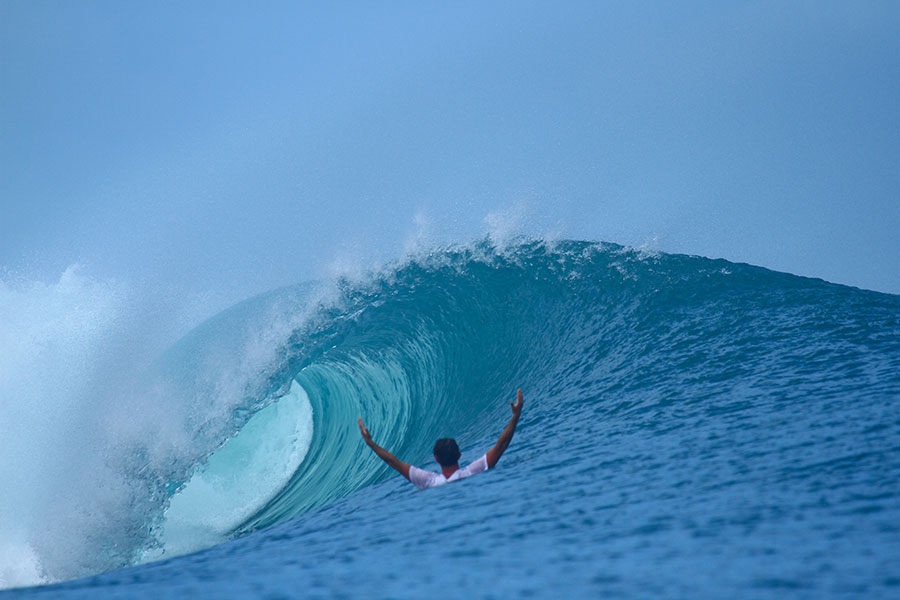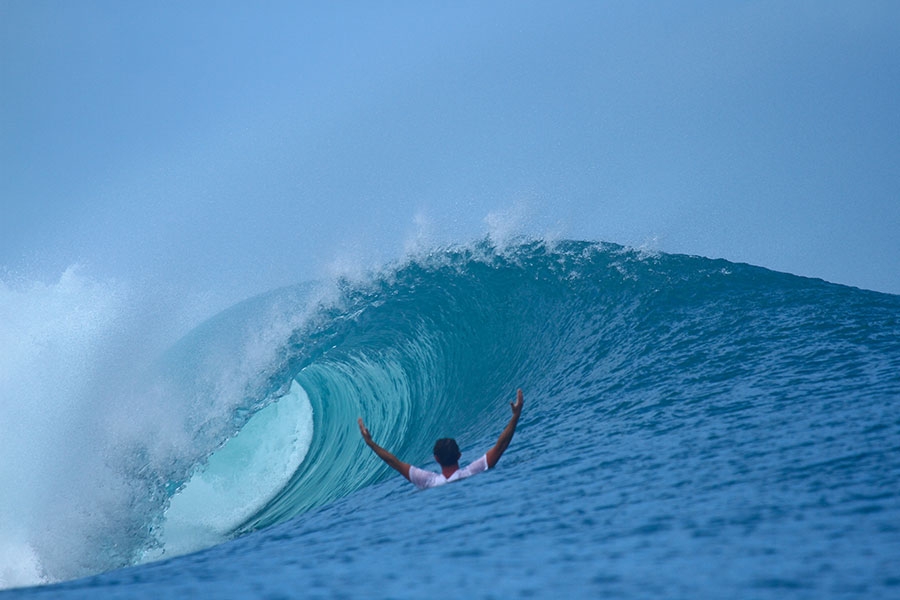
It is well-known that surfers are nomadic creatures, often willing to part ways with what little money we have in search of desolate beaches hosting waves that often have a special place in our dreams at night.
And with that search comes the need for a place to rest our salty heads at night and, ideally, a watering hole to sip a beer and reflect on the day’s waves.
This has resulted in surfing tourism becoming big business for a number of local economies in poverty stricken areas, particularly places like Indonesia, Africa and South America. And while it is no secret that surfing has helped the growth and livelihood of towns blessed by world class waves nearby, the exact economic effect has never been truly measured.
However a new paper by Oxford University economists Thomas McGregor and Samuel Wills aims to do just that by using a range of unique methods, including the night time light-intensity of regions where high quality waves are located.
“We hope that valuing surf breaks is useful in two ways,” the author said.
“The first is development: by understanding the benefits of surf breaks to local economies, policymakers might be more willing to invest in infrastructure needed to access them. This is particularly true in developing countries, where waves remain under-utilised. The second is conservation: by assessing the value of surf breaks, better cases can be made to conserve them from coastal erosion, pollution and rising sea levels.”

Using satellite images of night-time light intensity, the pair have found that areas around beaches with high-quality waves have, over time, grown brighter and brighter. The brighter the night-time light, the more economic activity the region is seeing.
The authors estimated that high-quality waves generate economic activity worth $50 billion per year globally. That means about $20 million yearly for every region with quality surf nearby.
They also found that when surfers discover a good new spot, economic growth in the area can rise by up to three percentage points for the next five years.
The news comes after the Mentawai Regional Government moved a policy to charge surfers an extra fee to surf the regions highly desired waves.
“Emerging economies benefit the most from surfing, as long as they have a sufficient level of political stability and ease of doing business. Furthermore, the increase in activity does not just represent a reallocation away from surrounding areas.”
“Waves do, however, cause the permanent population to move further away – which is consistent with tourists driving up property prices. Surfing also appears to play a role in reducing extreme poverty, again by encouraging people to move away from unlit rural areas into nearby towns.”
So there you have it, your lust for finding waves is not just a selfish pleasure after all.



